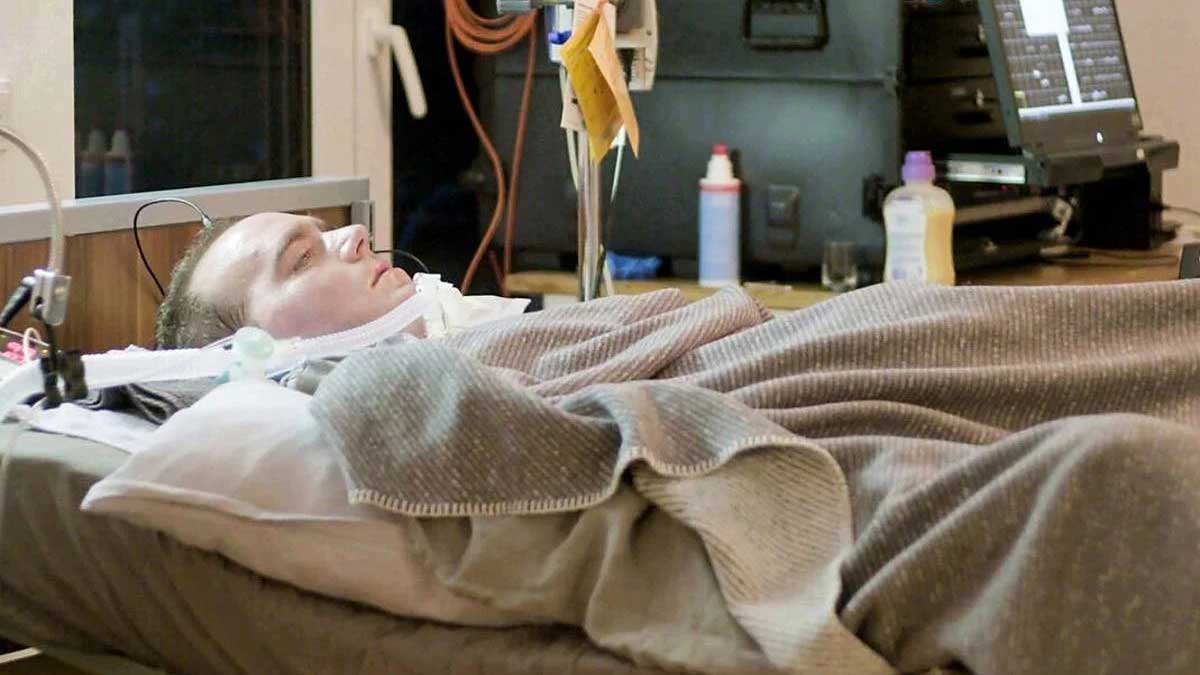A completely paralysed man has learned to communicate using brain impulses via a pair of square electrode arrays surgically implanted into his skull, and he's let it known that he'd like to listen to Tool.
The 34-year-old patient, an ALS (amyotrophic lateral sclerosis, also known as Lou Gehrig's disease) patient, suffers from complete locked-in syndrome, a condition in all muscle control is lost, leading to complete paralysis.
After the implant, the patient was able to learn to communicate once again, slowly composing sentences at a rate of just one character per minute. In addition to asking to "listen to the album by Tool, loud" on the 245th after implantation, he also asked for a beer (on day 247) and "curry with potato then Bolognese and potato soup" (day 253).
“Ours is the first study to achieve communication by someone who has no remaining voluntary movement and hence for whom the BCI is now the sole means of communication,” says Dr Jonas Zimmermann, a senior neuroscientist at the Wyss Center, a not-for-profit neurotechnology research foundation based in Geneva, Switzerland.
“This study answers a long-standing question about whether people with complete locked-in syndrome – who have lost all voluntary muscle control, including movement of the eyes or mouth – also lose the ability of their brain to generate commands for communication.”
People suffering from ALS have an average life expectancy of two to five years after diagnosis, but there are some notable exceptions. Famed physicist Steven Hawking lived for 55 years after his diagnosis, initially spelling words out by raising his eyebrows, before moving on to a computer programme that would generate phrases, words or letters as a switch was pressed.
Another high-profile ALS case is that of guitarist Jason Becker, who was diagnosed a week after joining David Lee Roth's solo band in 1989 but has continued to make music. His most recent album, 2018's Triumphant Hearts, featured contributions from Uli Jon Roth, Joe Satriani, Steve Vai, Joe Bonamassa and many more.

